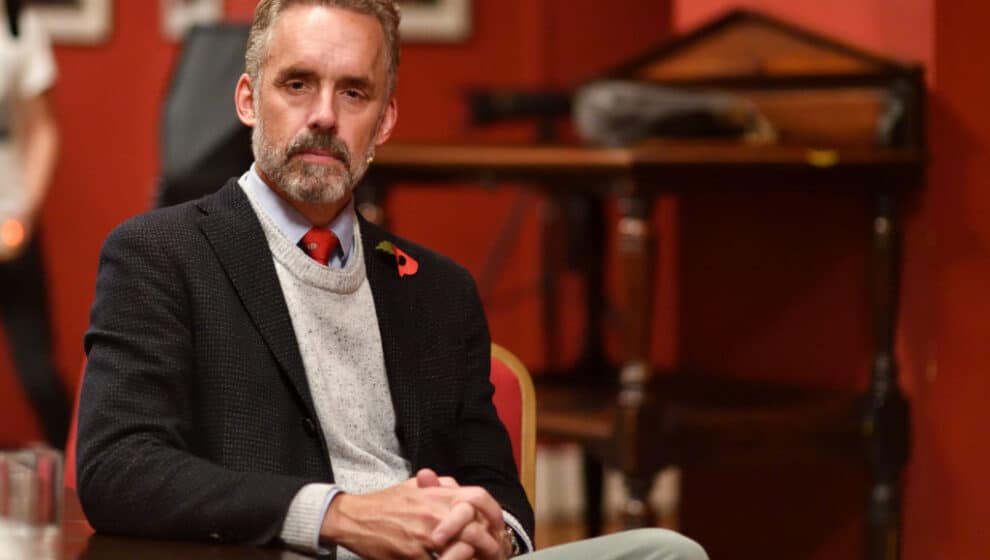An Ontario court ruled against popular clinical psychologist Dr. Jordan Peterson and is upholding an order for him to receive social media sensitivity training or lose his license to practice medicine.
Key Details
- In a decision released Wednesday, three judges from the College of Psychologists of Ontario ruled against Dr. Peterson’s appeal.
- The court says it was undeterred by Dr. Peterson’s claims that his public statements were off-the-clock activities.
- The court declared Dr. Peterson’s activities as harmful to the public and damaging to the profession of psychology, with his statements threatening to erode public trust.
- The Ontario court has dismissed Peterson’s appeal and ordered him to pay $25,000, noting that the training “is not disciplinary and does not prevent Dr. Peterson from expressing himself on controversial topics.”
Why It’s Important
As we previously reported, Peterson is no stranger to contentious political discussions. He became famous in 2016 after criticizing Canadian Bill C-16, claiming that the bill would enforce speech codes and harm free speech. This earned him a reputation for being “transphobic,” as the provisions of the law related explicitly to preferred pronoun usage.
He came under court scrutiny last year as a result of complaints filed against him for his online commentary on issues like climate change, gender transitioning, and COVID policy, and against key members of the Canadian government like Prime Minister Justin Trudeau, with multiple Twitter accounts submitting his statements to the court.
Peterson responded to Wednesday’s decision, saying, “So the Ontario Court of Appeal ruled that [the court] can pursue their prosecution. If you think that you have a right to free speech in Canada, you’re delusional. I will make every aspect of this public and we will see what happens when utter transparency is the rule. Bring it on.”
The Problem
He is unlikely to face severe career consequences due to the decision. He has not worked in clinical psychology since 2017, and he already has multiple revenue streams thanks to his book sales, lecture tours, and deals with The DailyWire. However, such a precedent does set implications for low-level officials working in Canadian medicine that affect their ability to speak publicly on controversial issues without career reprisal.
“This effectively gives professional bodies carte blanche to police their members’ conduct online—a truly distressing prospect,” writes National Post contributor Rahim Mohamed. “Today’s decision doesn’t merely jeopardize the sharing of opinions online; it jeopardizes the sharing of informed opinions online. This would only exacerbate the already ubiquitous sharing of misinformation online—by both nefarious actors and ignorant loudmouths.”
Notable Quote
“Dr. Peterson sees himself functioning as a clinical psychologist ‘in the broad public space’ where he claims to be helping ‘millions of people,’ and as he put it, he is ‘still practicing in that more diffuse and broader manner,’” says Justice Paul Schabas.
“Peterson cannot have it both ways: he cannot speak as a member of a regulated profession without taking responsibility for the risk of harm that flows from him speaking in that trusted capacity … When individuals join a regulated profession, they do not lose their charter right to freedom of expression. At the same time, however, they take on obligations and must abide by the rules of their regulatory body that may limit their freedom of expression.”
